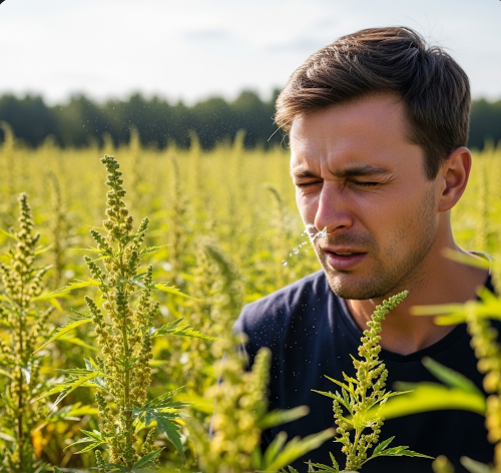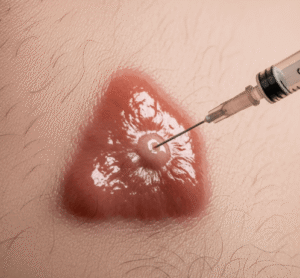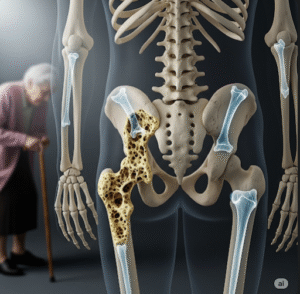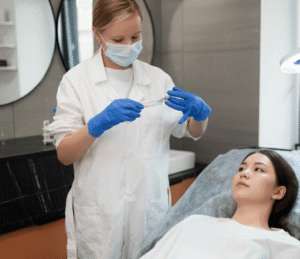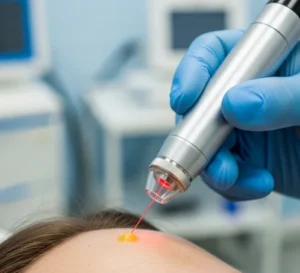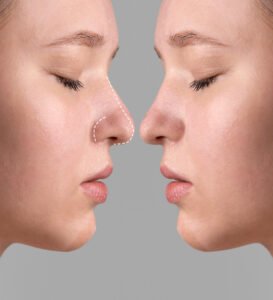Overview
Ragweed allergy is a seasonal allergic reaction triggered by pollen from ragweed plants. Although ragweed is less common in Korea than in North America, some related weeds in the Ambrosia genus can produce pollen that causes similar allergic responses. This allergy is most prevalent during late summer and early autumn when pollen levels peak. Korean allergy specialists provide comprehensive testing, medications, and immunotherapy to help patients manage ragweed pollen sensitivity effectively.
What is Ragweed Allergy?
Ragweed allergy is a type of seasonal allergic rhinitis (hay fever) caused by an overreaction of the immune system to ragweed pollen. When pollen is inhaled, the immune system mistakenly identifies it as harmful, releasing histamine and other chemicals that trigger symptoms. In Korea, cases are often linked to imported plant species or similar allergenic weeds found in rural and urban areas.
Symptoms
- Sneezing
- Runny or stuffy nose
- Itchy or watery eyes
- Itchy throat or ears
- Postnasal drip
- Coughing
- Worsening of asthma symptoms in sensitive individuals
Causes
- Inhalation of airborne ragweed pollen during the blooming season
- Cross-reactivity with other allergens such as certain fruits (melon, banana) due to pollen-food allergy syndrome
Risk Factors
- Family history of allergies or asthma
- Existing seasonal allergic rhinitis
- Living in or visiting areas with high ragweed pollen counts
- Outdoor activities during peak pollen season
- Poor indoor air filtration
Complications
- Chronic sinus infections due to nasal congestion
- Worsening of asthma symptoms
- Sleep disturbances from nasal and respiratory symptoms
- Reduced quality of life during allergy season
Prevention
- Monitoring daily pollen counts through Korean weather and allergy tracking services
- Staying indoors during peak pollen hours (early morning and windy days)
- Using high-efficiency particulate air (HEPA) filters indoors
- Keeping windows closed during high pollen season
- Showering and changing clothes after outdoor activities
Treatment Options in Korea
Diagnosis
Korean allergy clinics use skin prick tests, specific IgE blood tests, and medical history reviews to confirm ragweed allergy.
Medical Treatments
- Antihistamines to reduce sneezing, runny nose, and itching
- Nasal corticosteroid sprays to relieve inflammation
- Decongestants for nasal blockage (short-term use)
- Leukotriene receptor antagonists for persistent symptoms
Surgical or Advanced Therapies
- Allergen immunotherapy (allergy shots or sublingual tablets) to desensitize the immune system to ragweed pollen
Rehabilitation and Support
- Education on environmental control measures
- Counseling for managing chronic allergic conditions
- Asthma management programs for those with coexisting respiratory issues

